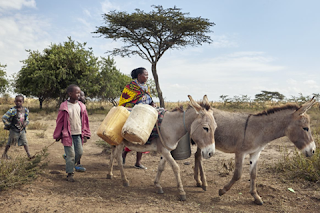NEW BOOK – Friends of Governance for Sustainable Development Volume 7: Interlinking Major Sustainable Development Events to Embrace Policy Coherence and Implementation of the 2030 Agenda

NEW YORK — Today, the Friends of Governance for Sustainable Development announced the release of Volume 7: Interlinking Major Sustainable Development Events to Embrace Policy Coherence and Implementation of the 2030 Agenda. Felix Dodds , Secretary of the Friends of Governance for Sustainable Development and Director of Research and Development of Multilateral Policies and International Affairs at the Rob and Melani Walton Sustainable Solutions Service (RMWSSS) at Arizona State University, and a Fellow at Stakeholder Forum, coordinated the launch of the publication through his publishing company New World Frontiers. “We are excited to announce the seventh volume of this series of books produced by the Friends group,” said Dodds. “The book is an invaluable resource that includes chapters written by nearly a dozen experts working within the UN system on a range of issues whose perspectives are crucial for anyone working to advance sustainable development at the global level.” ...






